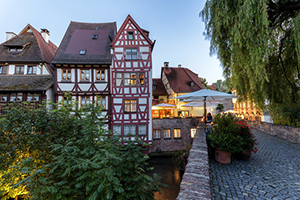
By Dr. Takeo Suzuki, Executive Director, the Center for Global Education at the University of Tennessee at Chattanooga.
The Baden-Württemberg Seminar, held from October 15 to October 20, 2023, provided a deep dive into the educational, economic, and cultural dimensions of the region. I engaged in a week of insightful activities, fostering connections and sharing knowledge.
This report encapsulates the specific highlights of each day, offering a comprehensive overview of the enriching experiences. This initiative was made possible through the generous support of NAFSA, AACRAO, the Government of Baden-Württemberg,
the University of Ulm, and several other educational institutions. Their collaboration and contributions played a vital role in the successful execution of the program.
What/Where is Baden-Württemberg?
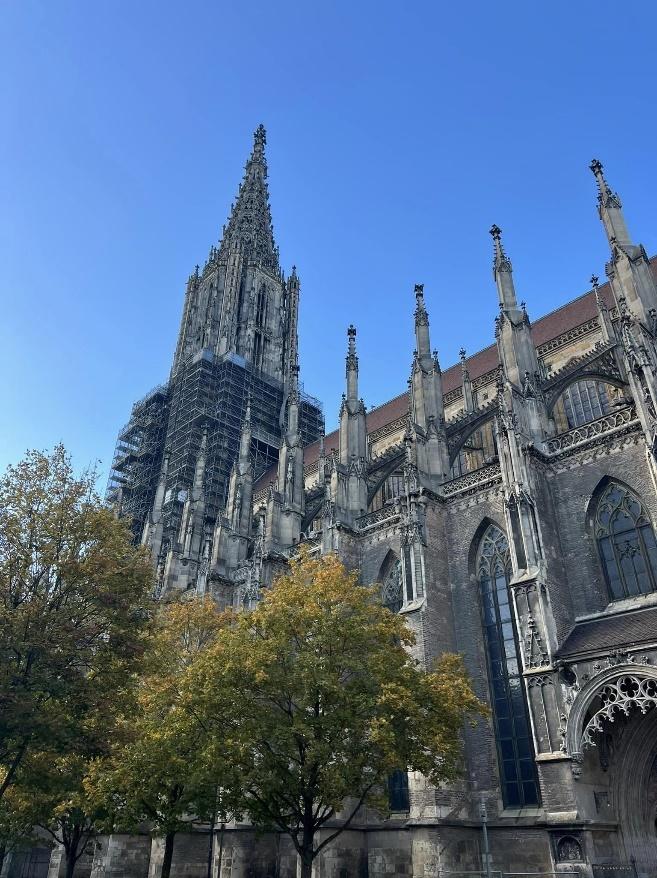
Baden-Württemberg is a federal state (Bundesland) in southwestern Germany, known for its rich cultural heritage, economic strength, and high quality of life. It is one of the 16 federal states of Germany and is located in the heart of Europe, sharing
borders with France, Switzerland, and several other German states. Geography: Baden-Württemberg is geographically diverse, featuring the Black Forest (Schwarzwald) in the west, the Swabian Jura (Schwäbische Alb) in the south, and the Neckar
River valley. The state is renowned for its picturesque landscapes, including vineyards, forests, and mountains.
Economy: Baden-Württemberg is an economic powerhouse and is home to many global corporations, particularly in the automotive, engineering, and manufacturing sectors. Companies like Mercedes-Benz, Porsche, Bosch, and SAP have their headquarters in
the state. The region is also a leader in high-tech industries, innovation, and research, making it one of the wealthiest states in Germany.
Education: The state is known for its excellent education system, including universities, technical colleges, and research institutions. It hosts some of Germany's most prestigious universities, such as the University of Heidelberg, the University of
Freiburg, and the University of Stuttgart. These institutions contribute significantly to the state's reputation for academic excellence and cutting-edge research.
Culture and Tourism: Baden-Württemberg has a vibrant cultural scene with numerous museums, theaters, and historical sites. The state is also famous for its festivals, including the Stuttgart Beer Festival and the Heidelberg Castle Illuminations.
Additionally, the region's spa towns, such as Baden-Baden and Bad Wörishofen, attract tourists seeking relaxation and wellness.
Historical Significance: The state has a rich historical background, with roots dating back to the Roman Empire. It was traditionally divided into the historical territories of Baden, Württemberg, and Hohenzollern. After World War II, these territories
were merged to form the modern state of Baden-Württemberg in 1952.
Innovation and Sustainability: Baden-Württemberg is a leader in environmental sustainability and green technologies. The state has a strong focus on renewable energy, eco-friendly transportation, and sustainable urban planning, aligning with Germany's
commitment to environmental conservation.
Education system in Baden-Württemberg
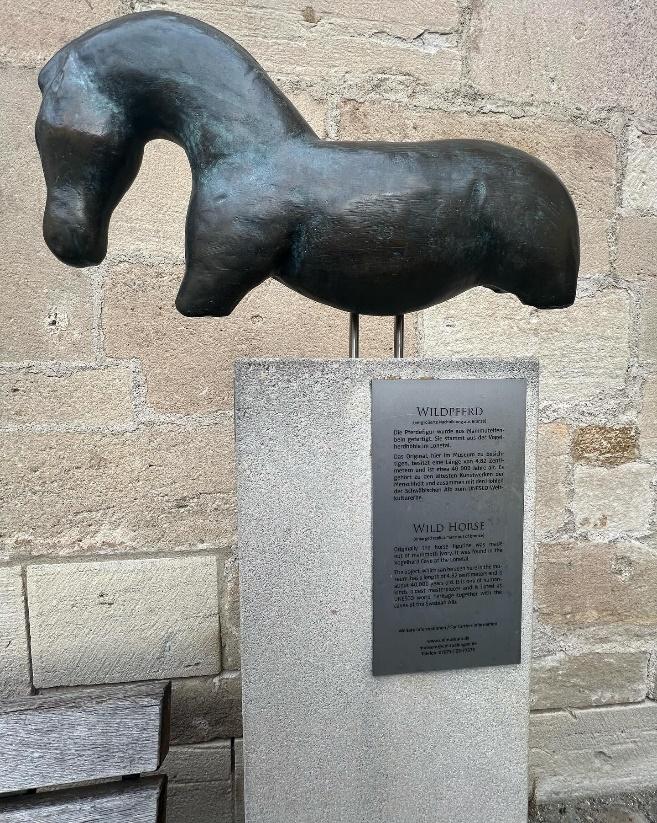
The education system in Baden-Württemberg, like the rest of Germany, is renowned for its high standards, emphasis on academic excellence, and diverse range of educational opportunities. The system is structured to provide comprehensive education
from early childhood to university level, and it reflects Germany's commitment to offering a well-rounded and rigorous education to its citizens. Here is an overview of the education system in Baden-Württemberg:
Early Childhood Education:
Kindergarten (ages 3-6): Attendance in kindergarten is not mandatory but is highly encouraged. It focuses on socialization, basic learning, and preparing children for school.
Primary Education:
Primary School (Grundschule, ages 6-10): Primary education in Baden-Württemberg typically lasts four years. Students receive a broad education covering mathematics, German language, natural sciences, social studies, arts, and physical education.
Secondary Education:
Secondary School (Hauptschule, Realschule, and Gymnasium, ages 10-18):
- Hauptschule: Offers a basic level of education and prepares students for vocational training.
- Realschule: Provides a more comprehensive education suitable for various vocational paths or further academic studies.
- Gymnasium: Offers a challenging curriculum preparing students for university studies. Students who graduate from Gymnasium receive the Abitur, qualifying them for university entrance.
Vocational Education and Training (Berufsschule, ages 16-18+):
Vocational education is highly regarded in Germany. Students can enter vocational training programs after completing the Realschule or Gymnasium. This dual education system combines practical training in a company with theoretical education at a vocational
school (Berufsschule).
Higher Education:
Universities and Universities of Applied Sciences (Fachhochschulen): Baden-Württemberg is home to several prestigious universities and universities of applied sciences. Universities offer a wide range of academic disciplines and focus on research,
while universities of applied sciences emphasize practical applications and cooperation with industry. Admission to universities usually requires the Abitur or an equivalent qualification, while universities of applied sciences may admit students
with a Fachhochschulreife (school leaving certificate from a vocational school).
The City of Ulm: Where Tradition Meets Innovation
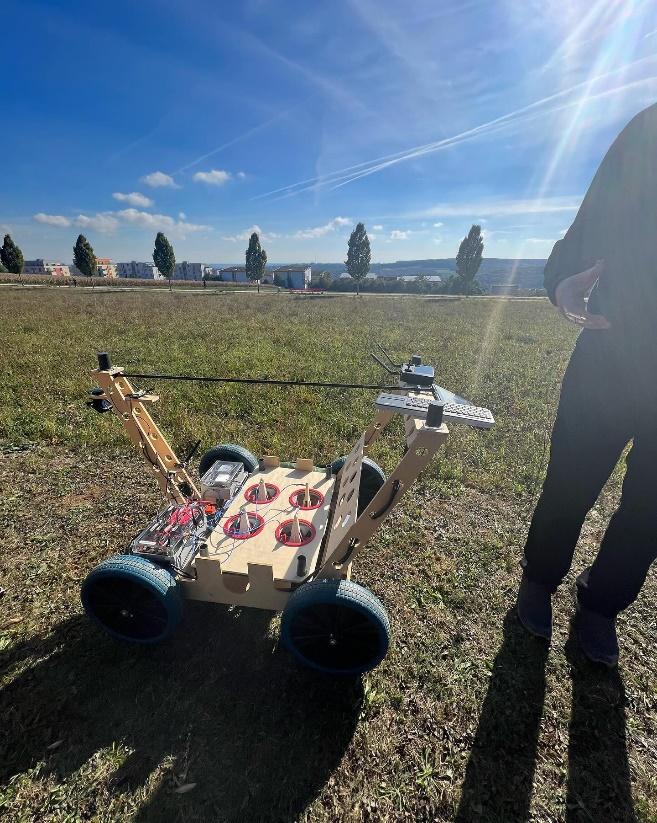
Ulm, a city situated on the banks of the Danube River in the state of Baden-Württemberg, Germany, is a vibrant blend of historical charm, cultural richness, and technological innovation. Renowned for its impressive architecture, educational institutions,
and economic vitality, Ulm has much to offer residents and visitors. Ulm's unique blend of historical heritage, educational excellence, economic strength, and commitment to sustainability makes it a city that seamlessly harmonizes tradition with innovation.
Ulm stands as a testament to the dynamic spirit of Baden-Württemberg's cities. Historical Significance: Ulm is famously known for its iconic landmark, the Ulm Minster (Ulmer Münster), the world's tallest church. This Gothic masterpiece dominates
the skyline and is a testament to the city's rich architectural heritage. Additionally, the city has a well-preserved medieval old town, showcasing half-timbered houses, narrow alleys, and historic sites, providing a glimpse into its past.
Educational Excellence: Ulm is home to renowned educational institutions, including the University of Ulm, known for its research excellence, particularly in the fields of medicine, natural sciences, and engineering. The city's commitment to education
is further evidenced by a range of schools and academies that provide high-quality learning opportunities for students of all ages.
Economic Strength: Ulm's economy is robust and diversified. The city is a hub for innovation and technology, with a focus on industries such as automotive engineering, aerospace, and medical technology. Several high-tech companies and research centers
are located in Ulm, contributing to its economic vitality and job opportunities.
Quality of Life: Ulm offers an excellent quality of life to its residents. The city is known for its efficient public transportation system, well-maintained parks, and recreational areas along the Danube River. Residents and visitors alike enjoy a variety
of restaurants, cafes, and shops, creating a lively urban environment.
Innovation and Sustainability: Ulm is at the forefront of sustainable initiatives. The city promotes environmental awareness, with efforts focused on renewable energy, eco-friendly urban planning, and green spaces. Innovation is fostered through collaborations
between businesses, research institutions, and the local government, making Ulm a progressive city in terms of technology and sustainability.
Sunday, October 15, 2023: Seminar Commencement
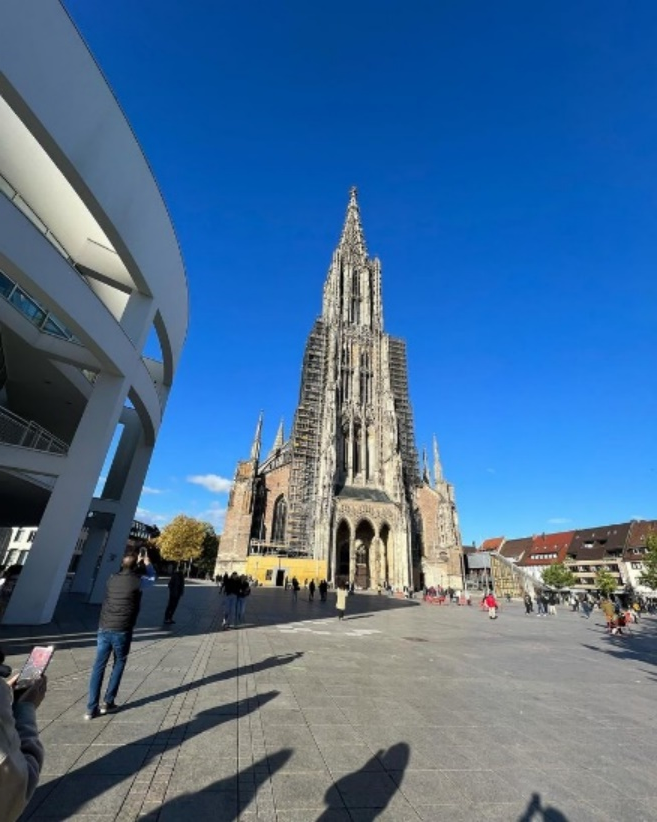
The seminar commenced with a palpable sense of enthusiasm and camaraderie. Participants embraced the opportunity to forge new connections and reminisce about past experiences. The vibrant atmosphere set the stage for a week of profound learning.
The Ulmer Münster, officially known as the Ulm Minster, is a magnificent Gothic-style cathedral in the heart of Ulm, Germany. This architectural marvel is not only the tallest church in Germany but also the tallest church in the world, reaching a
height of approximately 161.5 meters (530 feet). Construction of the Ulm Minster began in the 14th century, and the cathedral's foundation stone was laid in 1377.
Monday, October 16, 2023: University of Ulm
The day unfolded at the University of Ulm, a hub of innovation and research in Baden-Württemberg. Noteworthy aspects explored included:
- Global Collaborations: The university's 170 international partnerships, especially with the German University in Cairo, underscored its global academic reach.
- Research Excellence: Groundbreaking research in Battery Research, Trauma Research, and Quantum Science and Technology showcased the institution's cutting-edge contributions.
Tuesday, October 17, 2023: University of Tübingen
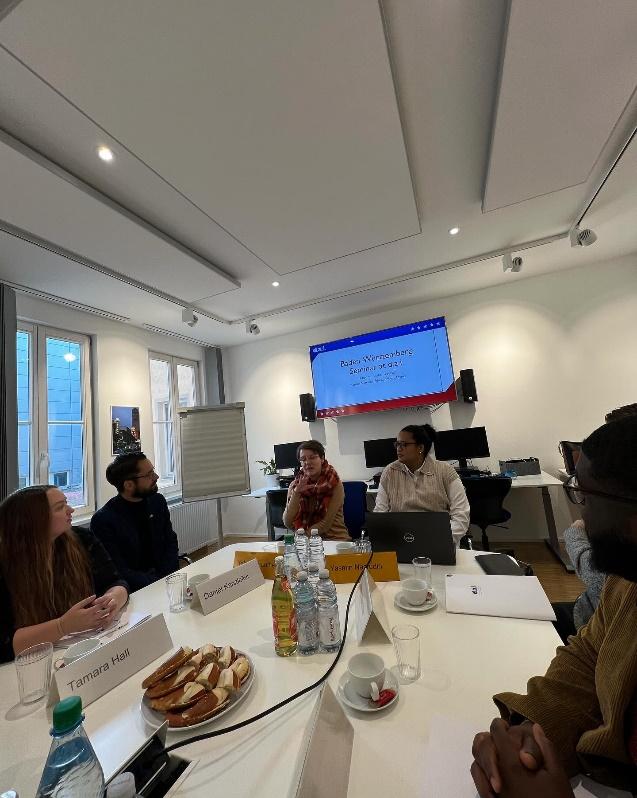
A visit to the University of Tübingen, steeped in history and academic distinction, provided insights into:
- Historical Significance: Established in 1477, the university stands as one of Germany's oldest and most esteemed institutions.
- Intellectual Legacy: Boasting 8 Nobel Prize winners, the university's University of Excellence status since 2012 affirmed its academic prowess.
Wednesday, October 18, 2023: University of Stuttgart and Baden-Württemberg's Educational System
Exploration of the University of Stuttgart and an overview of Baden-Württemberg's education system offered valuable insights:
- Innovative Education: The Baden-Württemberg Cooperative State University in Heidenheim showcased an inventive educational model, emphasizing practical experience and financial independence for students.
- Technological Advancements: Stuttgart's contributions to Mobility, Green Energy, Medicine, and Cyber Valley highlighted the region's technological leadership.
My observation: The German teacher education system appears more structured than in the USA. It emphasizes a broader education with diverse courses, focusing on cultural understanding, diversity, and foreign languages. The shortage of teachers
in schools is attributed to poor government planning, a strong economy diverting students from teaching majors, and the complexities of diverse and stressful societal environments, as per Monika's insight.
Be sure to check out our next issue of AACRAO Connect to read Part 2 of Dr. Takeo Suzuki's review of the 2023 Baden-Württemberg Seminar.